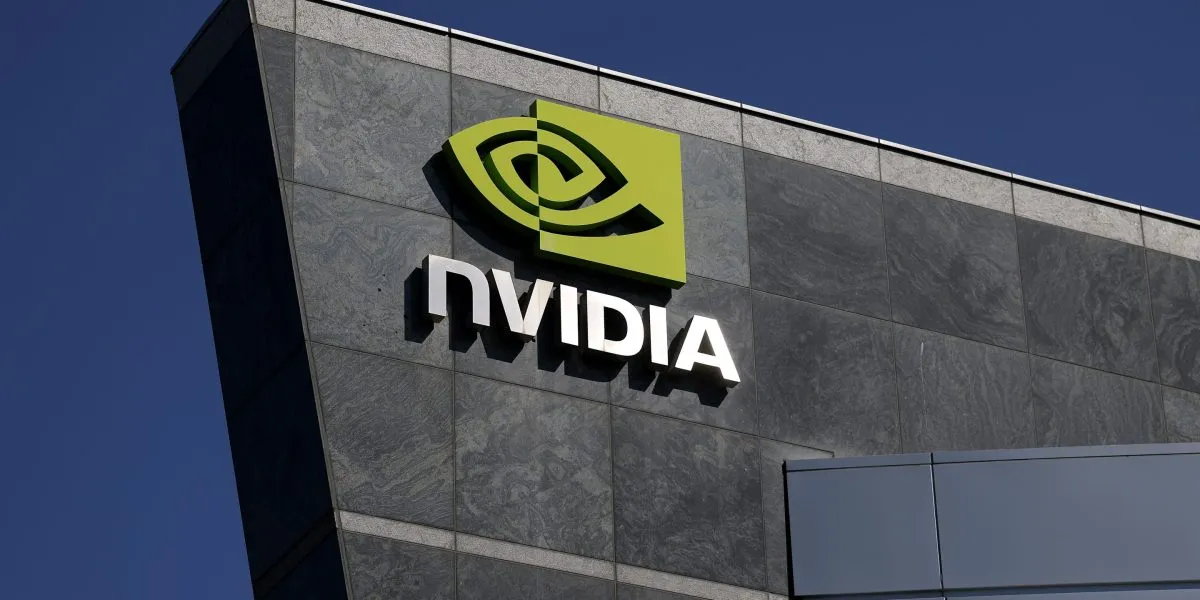
The latest earnings report from Nvidia has confirmed that the demand for AI infrastructure remains strong, yet the results left many investors feeling underwhelmed. Following the announcement, shares of Nvidia, the world's most valuable company, fell by 4%, settling around the $175 mark in extended trading on Wednesday evening. Scott Bickley, an advisory fellow at Info-Tech Research Group, commented on the market reaction, stating, “The stock movements are probably just an initial reaction to a so-so number.” He noted the surprising nature of viewing a staggering revenue figure of $46.7 billion in a quarter as merely “so-so.”
Nvidia's revenue saw a remarkable increase of 56% compared to the same period last year, reaching $46.74 billion, which surpassed Wall Street's expectations of $46.52 billion, as reported by data from Visible Alpha. The company's profits also soared, totaling $26.4 billion, marking a significant 40.8% increase from the $18.78 billion recorded in the previous quarter. Additionally, Nvidia posted diluted earnings per share at $1.08, exceeding analyst projections of $1.02 for the second quarter. The company's gross margins climbed to 72.4%, a substantial rise from the 61% reported last quarter.
Nvidia has been facing challenges due to trade restrictions on H20 chip shipments to China since April. In July, the U.S. government began issuing licenses for approved buyers in China, with Nvidia reporting that some of its China-based customers had received these licenses. However, the company stated that no H20 chip revenue from China was included in its second-quarter results. Notably, Nvidia sold some H20 chip inventory outside of China, contributing an additional $180 million to its topline revenue.
Despite recent announcements from the Trump administration allowing Nvidia and its rival, AMD, to sell certain AI chips to authorized Chinese buyers, Nvidia's CFO, Colette Kress, indicated that no formal regulations have been published to support this initiative. “To date, the USG has not publicized a regulation codifying such requirement,” she mentioned during the earnings call. Furthermore, Nvidia has decided not to include H20 chips in its financial forecast for the current quarter, although it estimated that geopolitical resolutions could enable shipments worth $2 billion to $5 billion to China.
Nvidia is also advocating for the U.S. government to permit it to sell its advanced “Blackwell” generation of products to China. CEO Jensen Huang highlighted the significance of Blackwell in the AI landscape, stating, “Production of Blackwell Ultra is ramping at full speed, and demand is extraordinary.” This next-generation AI chip is poised to be central in data centers worldwide, placing Nvidia at the forefront of the AI race.
Nvidia's datacenter revenue, which constitutes the majority of its business, grew by 56% year-over-year and increased 5% sequentially, amounting to $41.1 billion. Meanwhile, the automotive and robotics segment achieved the highest growth rate, expanding by 69% year over year. Michael Smith, a senior portfolio manager at Allspring Global Investments, remarked, “Expectations were sky-high, but Nvidia exceeded them again.” Allspring, which holds Nvidia shares in its funds, is optimistic about the company's future, noting the rising margins as Blackwell production ramps up and the significant opportunities that remain in China despite export controls. Moreover, Nvidia's announcement of a $60 billion buyback plan adds another layer of attractiveness to investors amid record free cash flow.